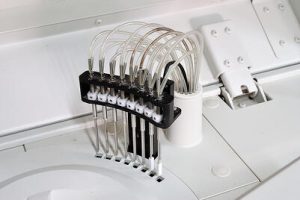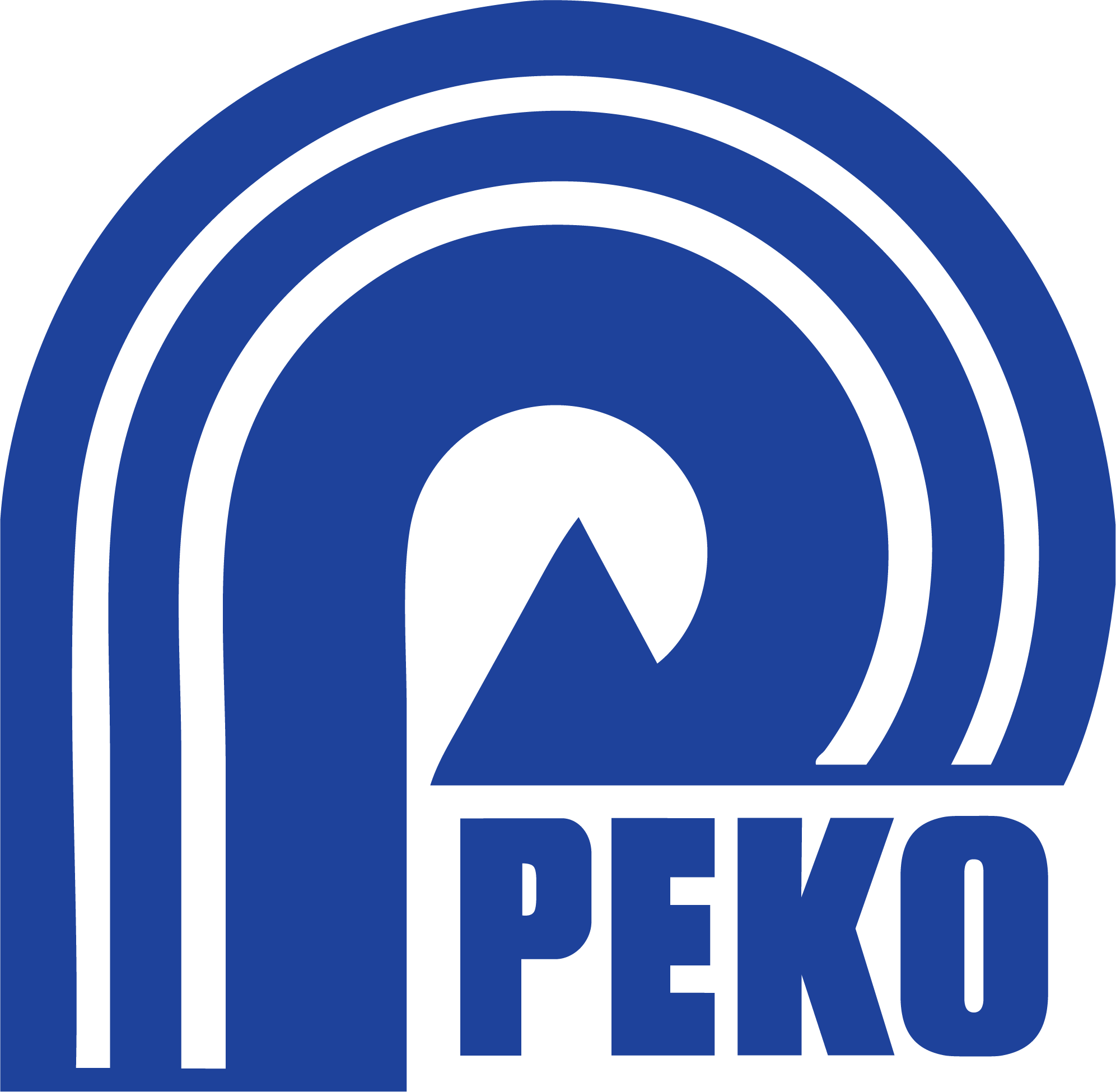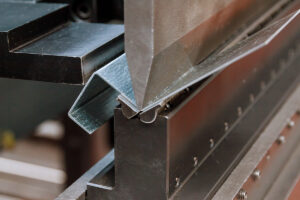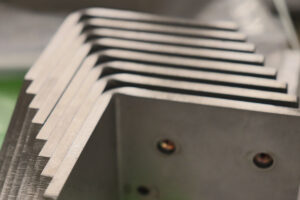
In any industry that elements substantial Original Equipment Manufacturers (OEM’s), there is regularly a sub level of suppliers that represent considerable authority in the outline and assembling of segments or, now and again, completed bundled prepared to-ship private name items that are eventually sold under the brand mark of the OEM. Such organizations commonly have broad building and configuration aggregates that can deal with all periods of the product advancement process. Contract manufacturers almost always control the qualification and acquisition of the raw materials that are used to produce the products they sell to OEM’s. Contract manufacturers are found in nearly all the major industries you might think of in the world of manufacturing including medical, aerospace, automotive, appliances, consumer goods, defense, and many others.
It is truly regular for medical device organizations to outline, package and offer a medicinal device, however, outsource the assembling to another organization. Regularly that organization is situated in another nation. Clients often ask us whether they still need to implement ISO 13485 when the OEM has ISO 13485 themselves. The short answer is YES. Services of Healthcare in Boston consider the organization whose name shows up on a medical device to be responsible of its safety and adequacy, paying little mind to who makes it. Regardless of the fact that your contract manufacturer has ISO 13485 enrollment, despite everything you have to execute it for your organization also, and it doesn’t make it any less demanding or less exorbitant to fulfill.
Quite a bit of ISO 13485 needs to do with controlling procedures, for example, design, manufacturing, storage, distribution, monitoring etc. In this manner, it doesn’t make a difference WHO is doing the assembling of your item. Strategies still need to be composed and took after that show you have complete control over the OEM, regardless of the fact that that OEM as of now has ISO 13485 enlistment. For example, you have to have techniques for:
- How you impart configuration changes to the producer.
- How the OEM imparts changes in the creation procedure to you.
- Which creation changes oblige warning, and which don’t.
- Rules for non-adjusting items.
Contract manufacturing is an inevitable end product in today’s worldwide surroundings, because of expense controls and supply line issues. The variety in worldwide institutionalization implies that producers require more than sufficient direction on regulation. In view of the concerns of controllers and quality framework specialists, makers need to see plainly the store network and the effect of assembling exercises. For more information about PEKO’s ISO 13485 medical manufacturing, please request a quote with your project requirements today.








